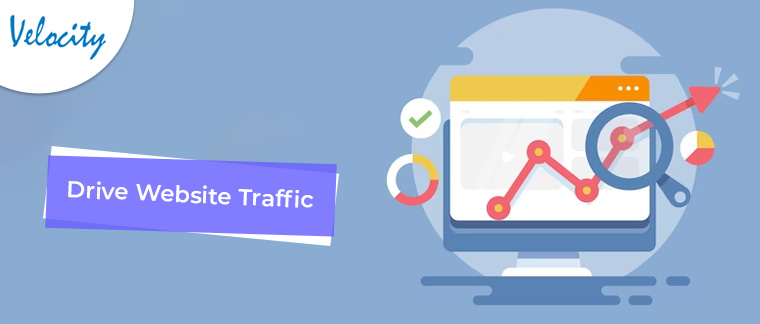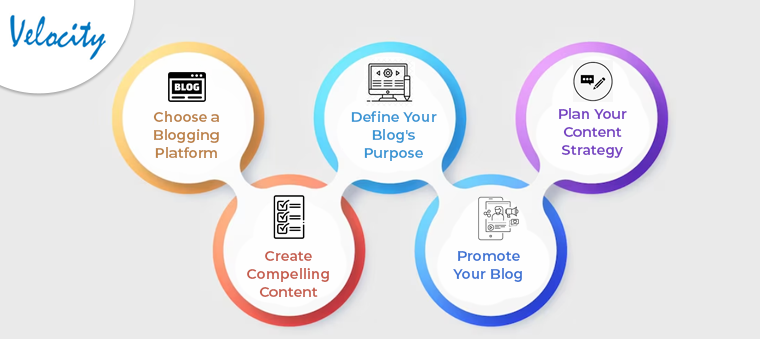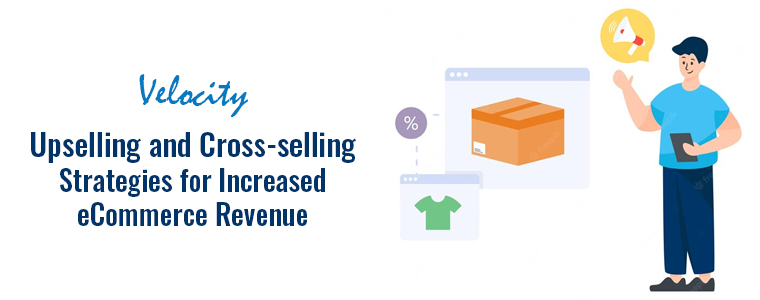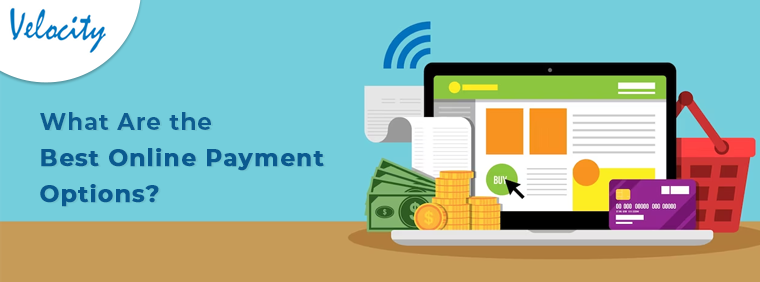A solid online presence is critical for organizations of all sizes in today’s digital era. While a visually appealing website is important, it’s equally essential to have a dynamic and engaging platform that attracts and retains visitors. One effective way to achieve this is by incorporating a blog into your website. A blog offers numerous benefits that can help boost your online visibility, engage your audience, and drive business growth. Let’s explore five compelling reasons why your website needs a blog, along with some tips on how to get started.
1. Boost Search Engine Optimization (SEO):
Search engines love fresh and relevant content, and a blog provides the perfect platform to continually publish new articles, insights, and updates. By regularly updating your blog with optimized content and relevant keywords, you can improve your website’s SEO, drive organic traffic, and increase your chances of ranking higher in search engine results.
2. Establish Thought Leadership:
A blog allows you to showcase your industry expertise and establish yourself as a thought leader in your niche. By sharing valuable insights, tips, and industry trends through your blog posts, you can build trust and credibility among your target audience. This positions your brand as an authoritative source of information and can lead to increased brand loyalty and customer engagement.
3. Drive Website Traffic:
A well-maintained blog can significantly increase your website’s traffic. Each blog post serves as an entry point for visitors, providing opportunities to engage and convert them into customers. By promoting your blog content through social media, email marketing, and other channels, you can attract a wider audience to your website and generate more leads.
4. Enhance Customer Engagement:
Blogs provide an interactive platform where you can engage with your audience. Encourage readers to leave comments, ask questions, and share their opinions on your blog posts. By actively responding to these interactions, you can foster meaningful conversations, build relationships with your audience, and gain valuable insights into their needs and preferences.
5. Diversify Content Formats:
A blog allows you to experiment with different content formats beyond the standard web pages. You can create engaging and shareable content such as how-to guides, listicles, case studies, infographics, videos, and more. Diversifying your content keeps your website fresh, captures the attention of different types of visitors, and encourages social sharing, which can further expand your online reach.
Now that you understand the benefits of having a blog, let’s discuss how to get started:
1. Choose a Blogging Platform:
Select a user-friendly blogging platform such as WordPress, Blogger, or Medium. These platforms offer easy-to-use interfaces and various customization options to match your website’s branding.
2. Define Your Blog’s Purpose:
Determine the goals and objectives of your blog. Are you aiming to educate your audience, share company news, or showcase industry trends? Defining your purpose will help you create relevant and valuable content.
3. Plan Your Content Strategy:
Develop a content calendar to ensure a consistent publishing schedule. Research popular topics in your industry, identify keywords and brainstorm ideas for blog posts. This planning process will keep you organized and help you stay on track with your blogging efforts.
4. Create Compelling Content:
Craft high-quality, informative, and engaging blog posts. Use a mix of text, images, videos, and infographics to make your content visually appealing and easy to digest. Incorporate relevant keywords naturally within your content to optimize for search engines.
5. Promote Your Blog:
Share your blog posts across various marketing channels, including social media platforms, newsletters, and email campaigns. Include social sharing buttons on your blog entries to encourage people to share your information. Respond to comments and start conversations with your audience.
Conclusion
In conclusion, integrating a blog into your website is a strategic move that can benefit your business in multiple ways. From boosting SEO and establishing thought leadership to driving website traffic and enhancing customer engagement, a blog has the potential to significantly impact your online presence. Follow the tips mentioned above to get started on your blogging journey and unlock the full potential of your website. For further inquiries or any confusion, feel free to get in touch with us at [email protected]. Our team is here to assist you and provide further guidance on starting and maintaining a successful blog.










